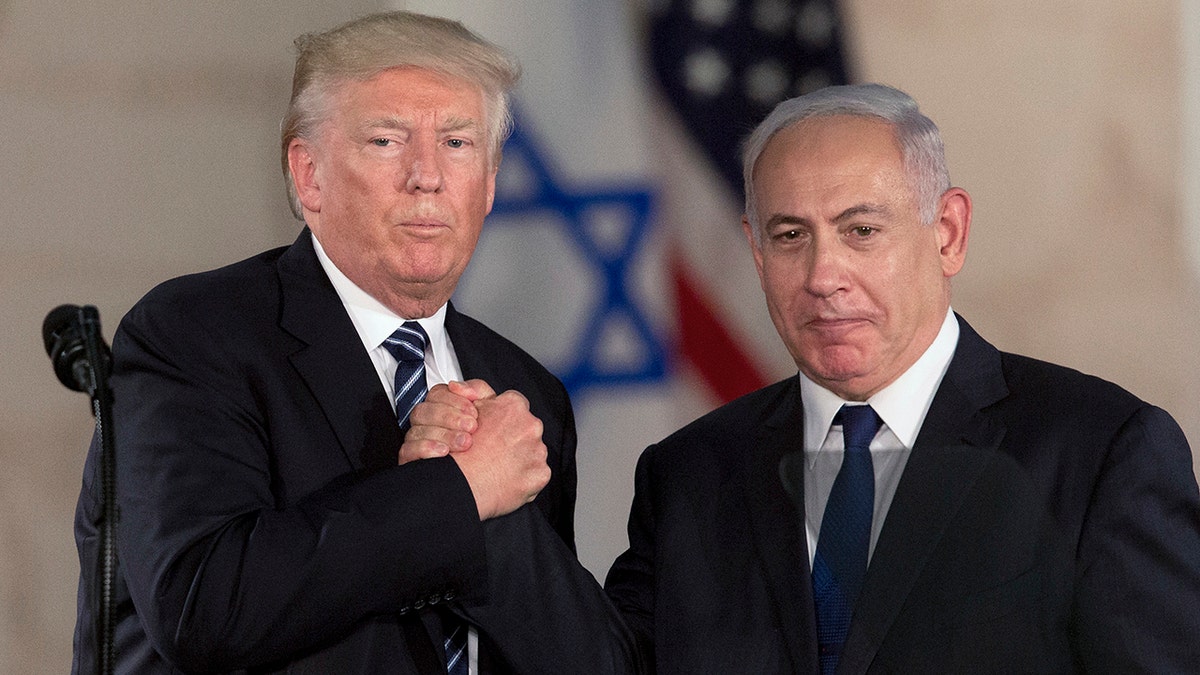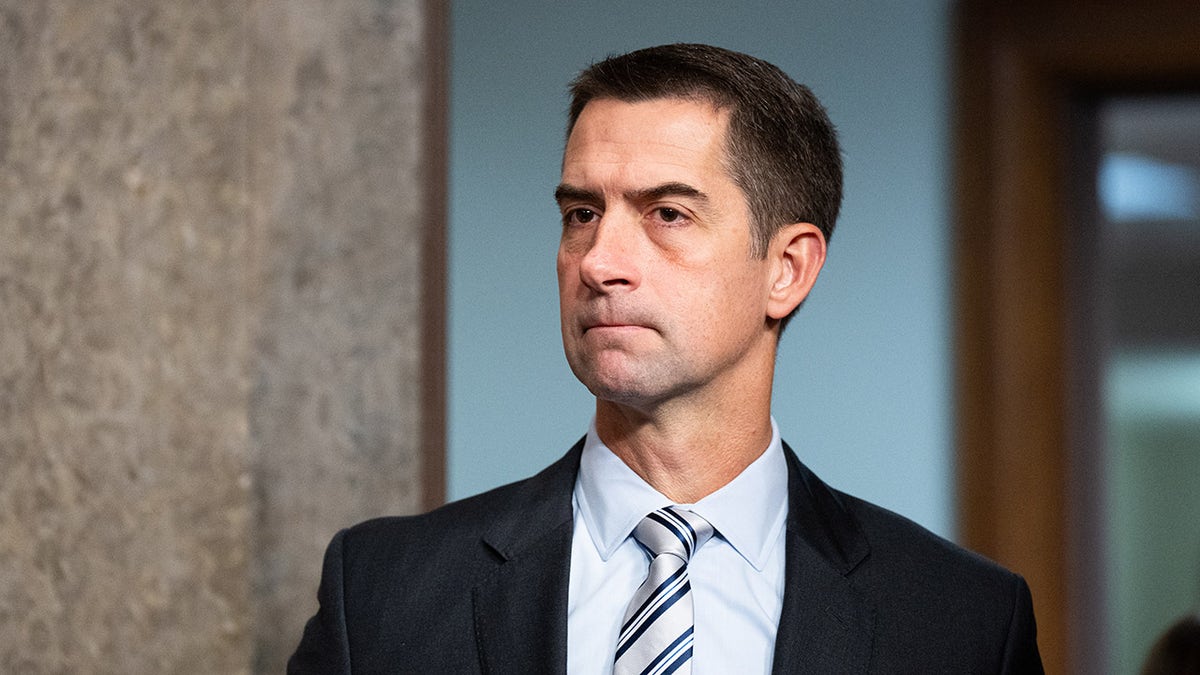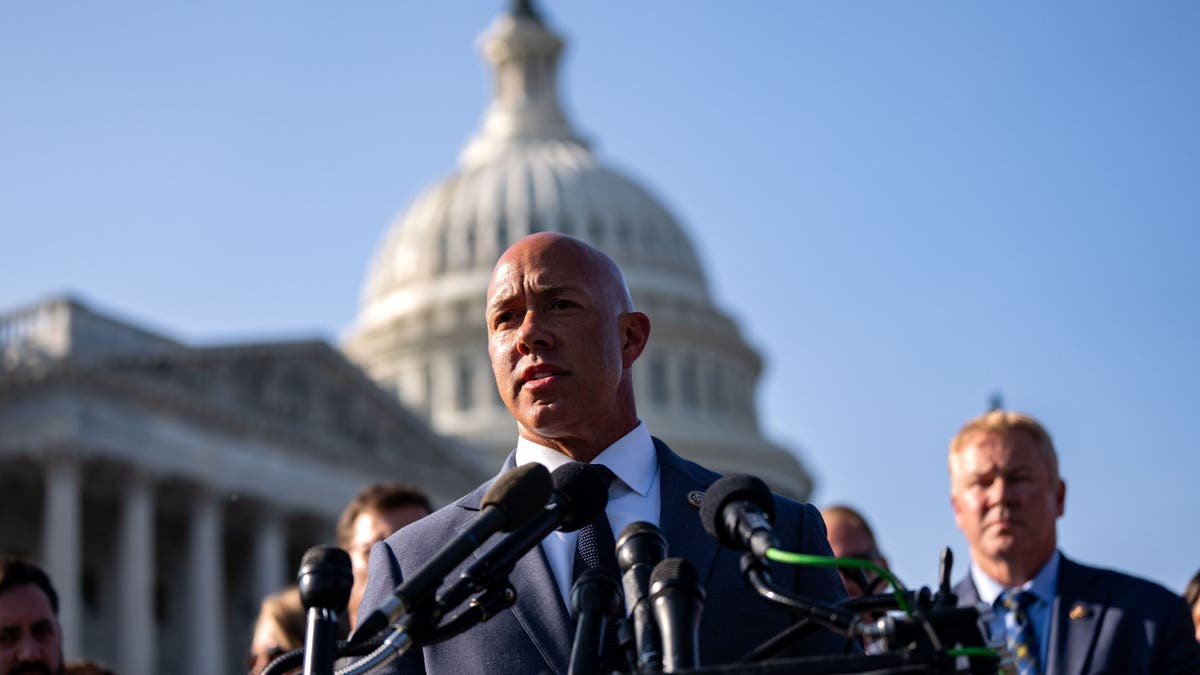While both incoming President Trump and outgoing President Biden claim credit for the recent Israel-Hamas ceasefire, Republican lawmakers express cautious optimism about the agreement's durability. Representative Brian Mast, the new House Foreign Affairs Committee chair, voiced distrust towards Hamas and other Palestinian factions, emphasizing his belief that the impending Trump administration played a crucial role in influencing the ceasefire. He attributed this influence to the perceived “fear of God” instilled by Trump and his team, including figures like Senator Rubio and Congresswoman Stefanik, along with anticipated changes in programs such as the UN Relief and Works Agency.
Mast expressed skepticism about the agreement, prioritizing the return of American hostages. He stressed the importance of ensuring the safe return of all Americans detained abroad.
The ceasefire aims to facilitate the return of remaining hostages and establish a path towards peace for the two million Palestinians affected by the conflict since Hamas's October 7th attack.

The agreement has significant implications for the U.S., with seven American hostages still held by Hamas. Senator Tom Cotton criticized the Biden administration's involvement, advocating for Hamas's unconditional surrender and the return of all hostages. He questioned reported concessions by Israel, including territorial withdrawals and the release of Palestinian prisoners.
Reports indicate that Trump’s Middle East envoy, Steve Witkoff, played a pivotal role in the negotiations, successfully persuading Prime Minister Netanyahu to finalize the deal. This follows a previous short-lived ceasefire in November 2023.
Trump had previously warned of repercussions if a ceasefire wasn't reached before his inauguration, a message reinforced by his campaign’s outreach to Arab communities in key swing states. He pledged to bring peace to the Middle East.


The three-phase deal, brokered by Qatar with mediation from both the Biden administration and Witkoff, involves the phased release of hostages, starting with three on Sunday and continuing weekly. This phase also includes Israeli troop withdrawals from specific areas. Women, children, and men over 50 will be prioritized for release. Over 42 days, 33 Israeli hostages will be exchanged for hundreds of Palestinian prisoners, potentially including individuals convicted of murder. Netanyahu recently delayed the deal’s ratification over concerns regarding his veto power over the release of specific prisoners. The Israeli Cabinet is now scheduled to meet Friday.
Trump attributed the ceasefire to his election victory, highlighting his administration's commitment to peace and negotiation. Biden, however, asserted his administration's continuous diplomatic efforts, acknowledging that the plan's implementation would largely fall to the incoming administration.
Comments(0)
Top Comments